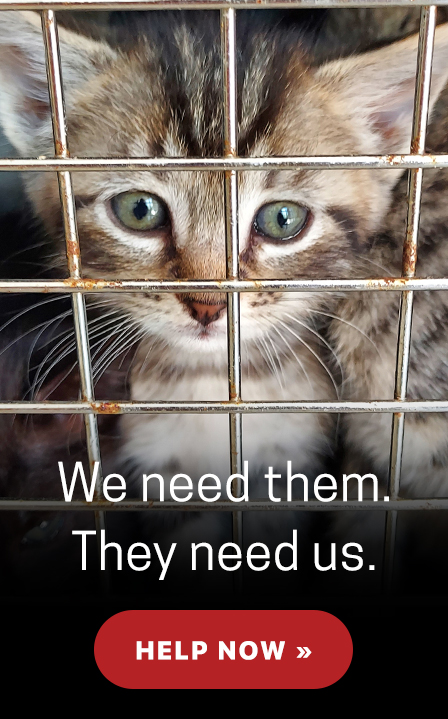FORT LAUDERDALE, FLORIDA, December 7, 2020 — The reverberations and ramifications of the coronavirus pandemic have wreaked havoc on Americans’ mental health. The latest official numbers confirm the anecdotal concerns that so many have already shared.
Four in 10 Americans are struggling with a mental health issue or drug-related problem, according to the Centers for Disease Control. And the prevalence among some is even worse — an overwhelming 75% of young adults are facing these problems, many of whom are unequipped to handle the consequences. Project LIFT, a nonprofit based in Palm City that works with at-risk teens, intervened in more suicide attempts in five months than they usually would in an entire year.
Mental health experts are worried that Seasonal Affective Disorder, and other mental health triggers that arise during the winter, will exacerbate an already deadly situation. Many socially distant outdoor activities will no longer be an option and people will find themselves stuck inside to an even greater degree. Joyous holidays like Christmas and Hanukkah will be celebrated differently.
While there is no one-size-fits-all solution for the litany of mental health issues facing individuals this winter, companion animals have proven to help people cope with isolation and symptoms of depression and anxiety. In short, to survive the winter of 2020, we should consider the power of the human-animal bond.
Pets, the cats and dogs who live in more than half of American households, can help individuals mitigate sadness this winter. In 2018, British researchers published a review of 17 different studies that sought to document and measure the impact of companion animals on human health. Fifteen of the studies documented positive benefits for pet owners with mental health issues. The researchers found several mechanisms by which companion animals help individuals deal with the symptoms of mental health issues that frequently occurred across the studies.
Companion animals help their owners emotionally by reducing feelings of worry, loneliness and depression while increasing feelings of calmness. Already, pet owners have reported that their animals are helping them through the coronavirus. Ninety percent of respondents in a survey conducted by the University of Cork and the University of Lincoln reported that their pets have helped them cope with the realities of living during a lockdown. An even higher number, 96%, reported that their animals were helping them stay fit and active.
This is because companion animals do not just offer an emotional outlet, they also provide a physical routine for their owners. Speaking about her dog, a participant in one study said that regular grooming and hygiene, like brushing her dog, taking her on walks and trimming her fingernails “interrupts your thought process a lot of the time.” The order and routine of pet ownership can help structure a day and prevent those with mental health issues from spiraling.
For young people, recognizing mental health risks will be especially important as we go into the winter. More than in one in four young adults have thought about killing themselves in the last 30 days, according to the CDC, up from one in 10 just two years ago.
Many families are reeling from the effects of coronavirus on mental health. While we will not be able to analyze national data on suicides for a few years, several communities across the country have already reported spikes in suicide rates.
If a close friend or family member is exhibiting signs of mental distress, depression or anxiety, talk to them. The simple act of checking in on someone’s mental health can reduce their risk of suicide. If someone is showing severe symptoms of depression, encourage those close to you to speak to mental health professionals if the need arises.
If you have the means to support an animal, and do not have one, consider adopting from a local shelter as soon as possible. You will rescue a life and immeasurably benefit from the relationship. By leveraging the healing power of the human-animal bond this winter, we can all survive this isolating winter.
If you or someone you know is in crisis please call the National Suicide Prevention Lifeline at 1-800-273-8255.
Robin Ganzert is the president and CEO of American Humane.

